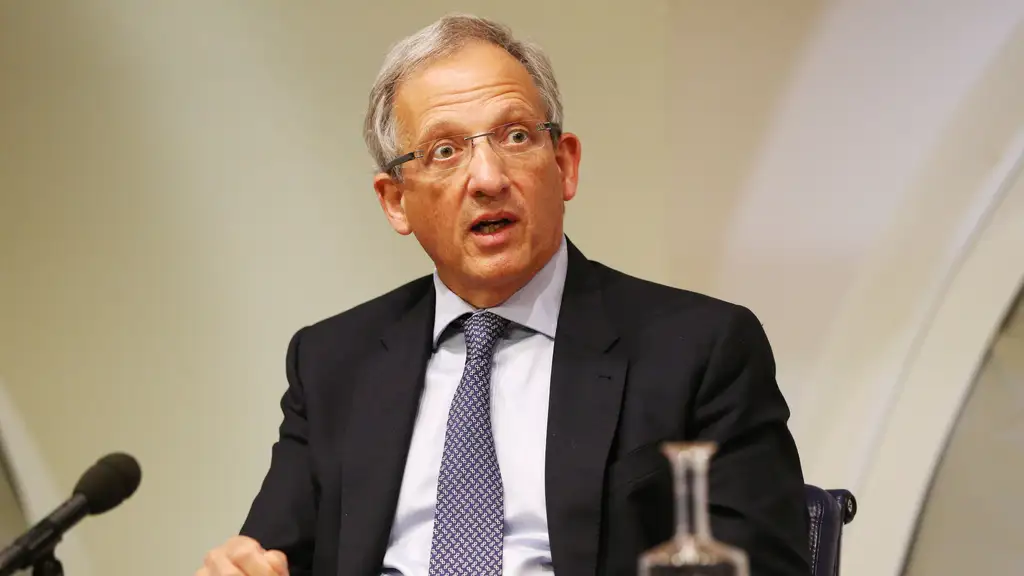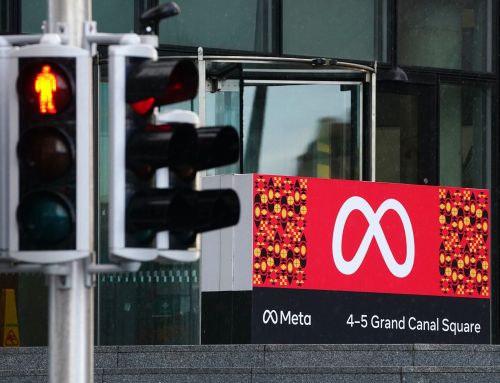The collapse of cryptocurrency platform FTX has revealed the need for tighter regulations for crypto before it gets too big, warned the deputy governor of the Bank of England.
Sir Jon Cunliffe said that a regulatory framework is needed for a stable crypto system.
However, he added that FTX’s demise has not weakened appetite at the central bank and the UK Treasury for a potential digital currency.
The cryptocurrency exchange filed for bankruptcy protection earlier this month as chief executive officer and founder Sam Bankman-Fried resigned.
FTX has so far said it owes its 50 biggest creditors nearly 3.1 billion dollars (£2.6 billion), although debtors found and secured “only a fraction” of the group’s digital assets they hope to recover, with about 740 million dollars (£626 million) of cryptocurrency secured in new cold wallets.
Sir John Cunliffe talking now on why cryptocurrencies need regulation @bankofengland #wbsgillmore pic.twitter.com/woVMIwsG7n
— WBS (@WarwickBSchool) November 21, 2022
On Monday, Sir Jon told an audience at a Warwick Business School event that the collapse will not threaten the stability of the financial system, but there is an increased need for regulation.
“While the crypto world, as was demonstrated during last year’s crypto winter and last week’s FTX implosion, is not at present large enough or interconnected enough with mainstream finance to threaten the stability of the financial system, its links with mainstream finance have been developing rapidly,” he said.
“We should not wait until it is large and connected to develop the regulatory frameworks necessary to prevent a crypto shock that could have a much greater destabilising impact.
“The experience in other areas of digitalisation has demonstrated the difficulty of retrofitting regulation on new technologies and new business models after they have reached systemic scale.”
It comes as the UK is set to approve a new financial services and markets law which will introduce regulation for stable coins and the marketing of cryptoassets.
The Treasury is also due to consult on further investor protection and other regulation that could cover the promotion and trading of financial products to involve cryptoassets.
Nevertheless, Sir Jon said the Bank is still considering the need for a UK digital currency.
“Our work on a digitally native pound is driven by the trends we now see both specifically in payments, including the reducing role of cash, and more generally in the increasing digitalisation of daily life,” he said.
“Physical cash plays a role in ensuring that, at present, all forms of commercial bank money in the UK have to be redeemable in cash – Bank of England money – on demand in cash and without loss of value.
“Given the trends away from physical cash, which cannot be used in an increasingly digital economy, and, potentially, towards new forms of tokenised money, a digital pound may be needed in future to fulfil the same function.”






